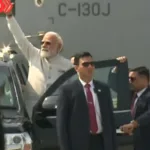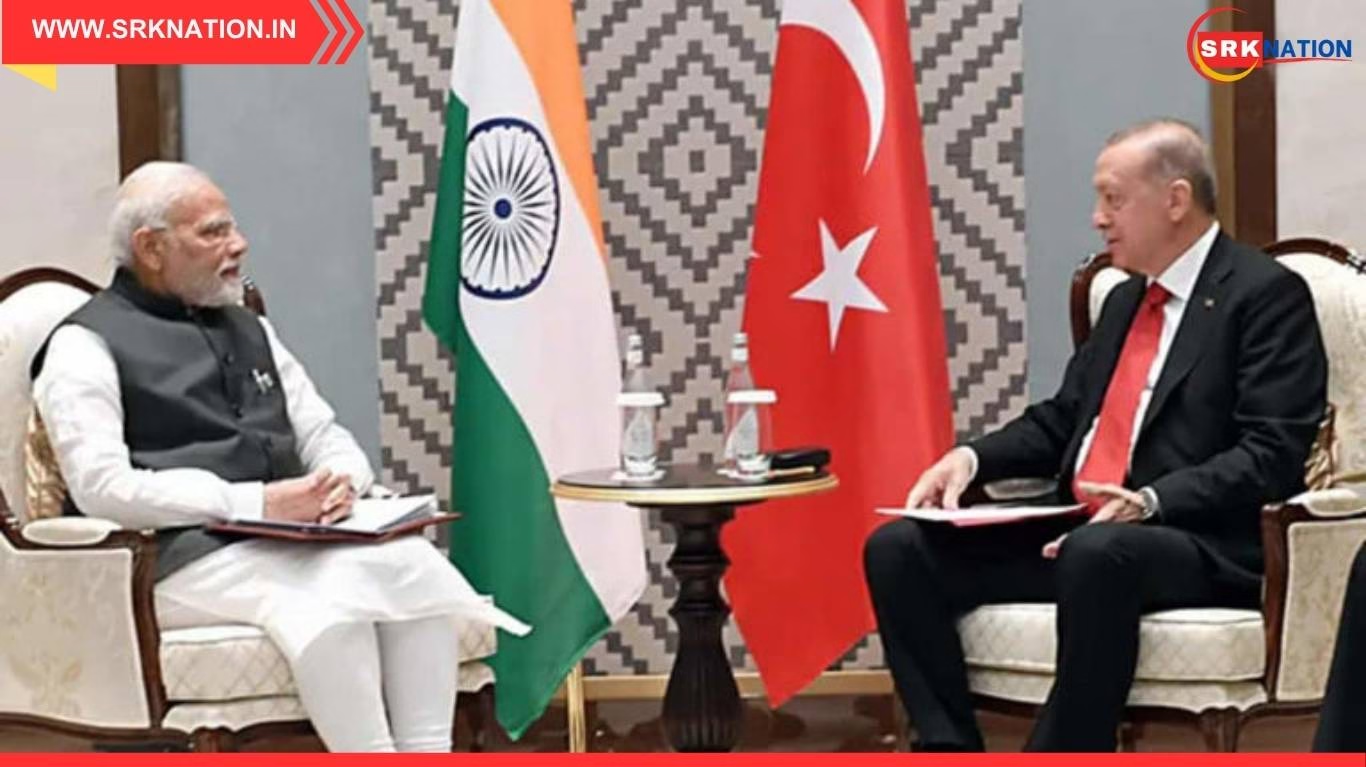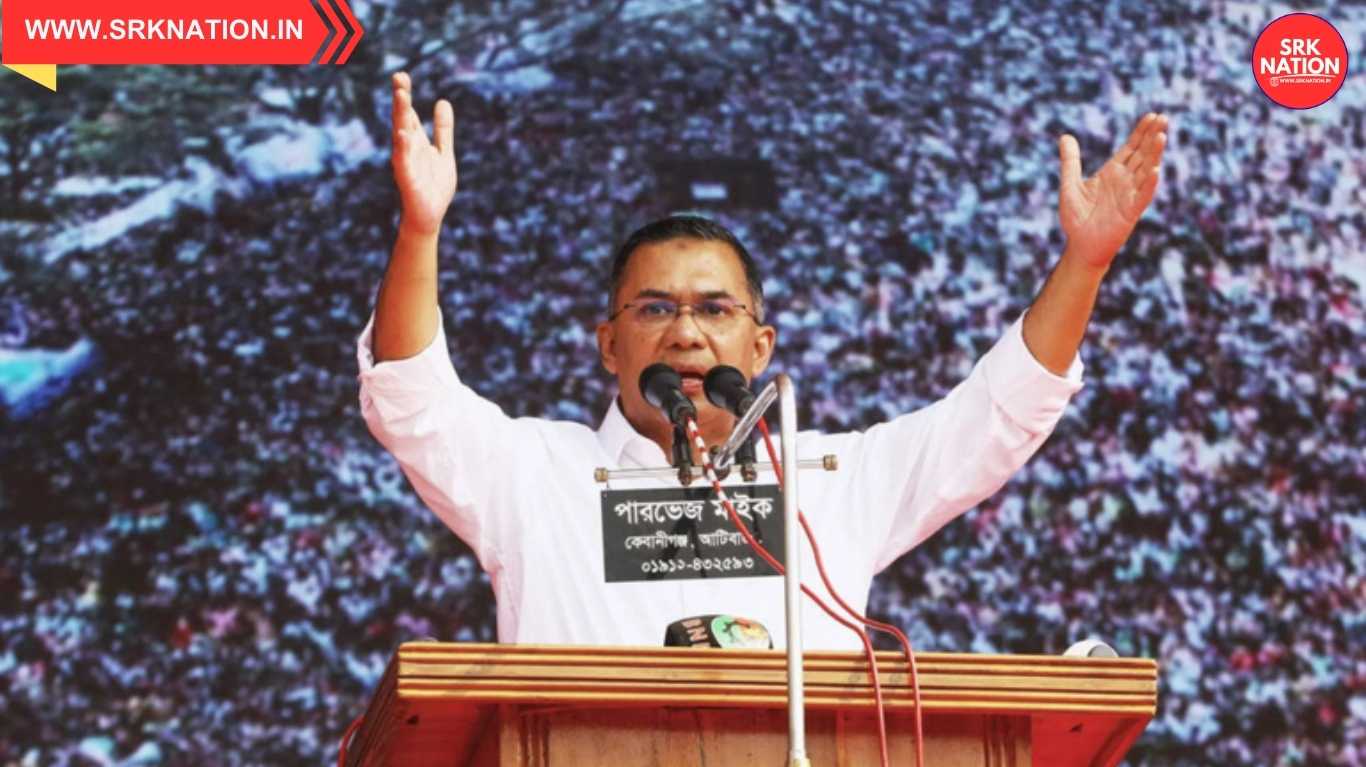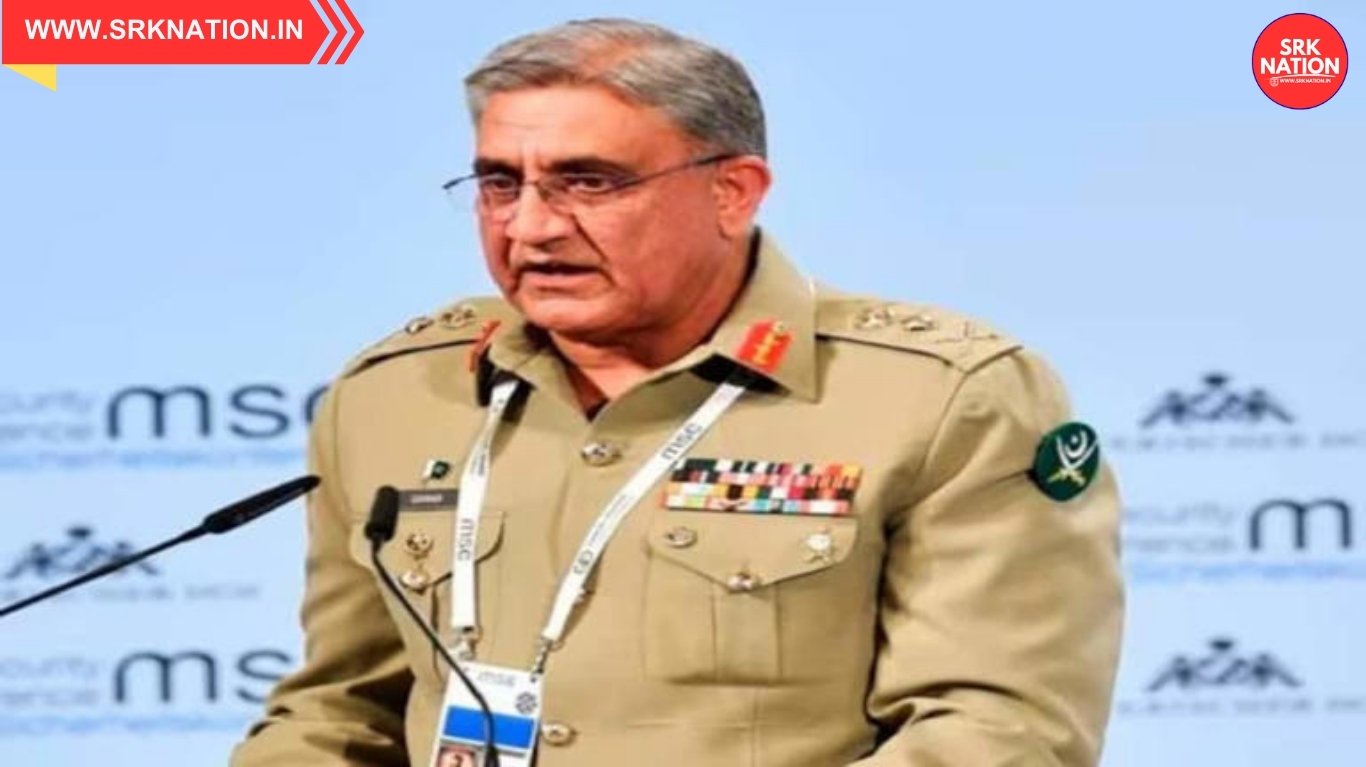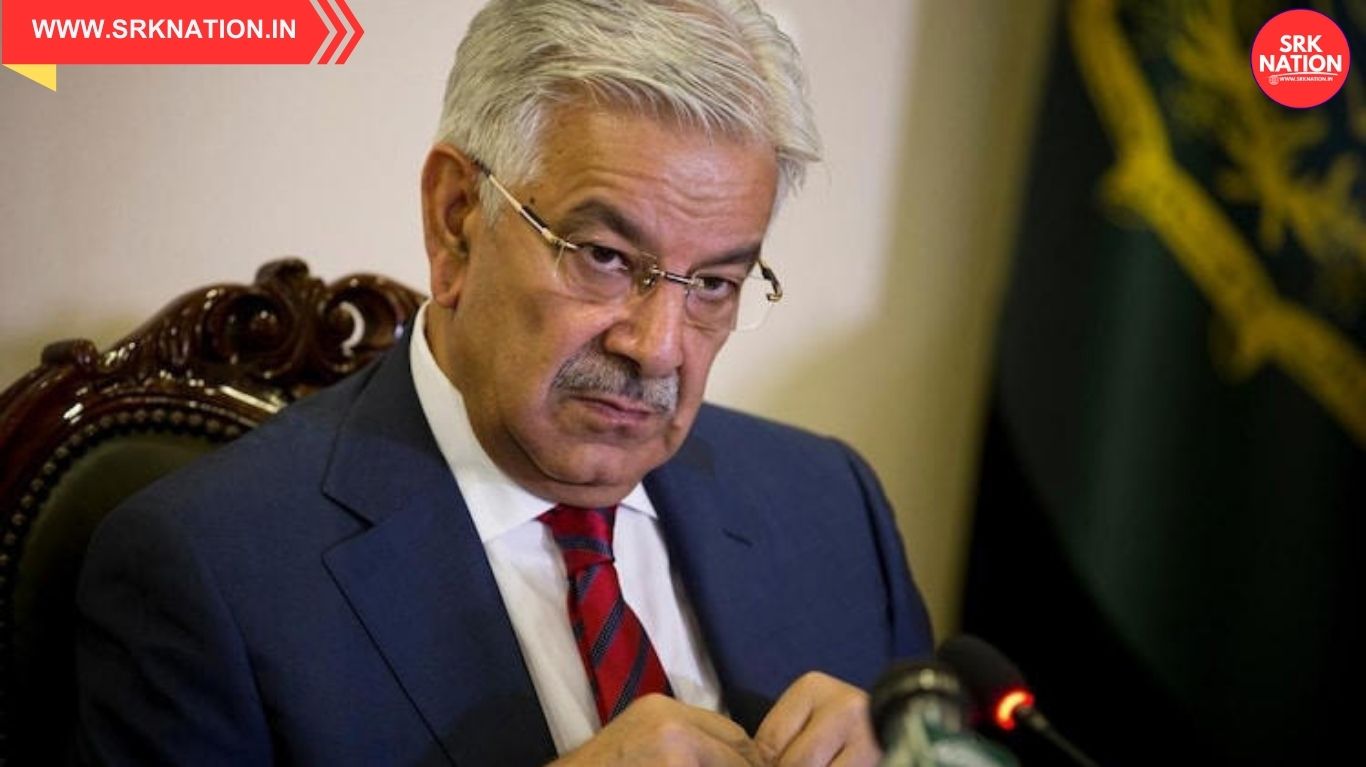In a quiet but pointed diplomatic move, India chose not to participate in the Turkish National Day celebrations held at the Turkish Embassy in New Delhi on October 29, 2025. The absence of Indian government officials from the event is being interpreted as a deliberate signal of continuing strain in bilateral relations between New Delhi and Ankara. While no formal statement was issued by the Ministry of External Affairs, sources confirmed that instructions were discreetly communicated advising officials to avoid attending the reception.
The decision follows a series of diplomatic tensions, most notably Turkey’s vocal support for Pakistan on the Kashmir issue and its criticism of India’s actions during Operation Sindoor. Ankara’s repeated alignment with Islamabad at international forums has irked New Delhi, prompting a recalibration of India’s engagement with Turkey.
🧠 Timeline of Diplomatic Strain Between India and Turkey
| Year | Event/Trigger | Impact on Relations |
|---|---|---|
| 2019 | Erdogan’s UNGA speech on Kashmir | India summoned Turkish envoy |
| 2020 | Turkey backs Pakistan at OIC | India scaled down diplomatic outreach |
| 2023 | Turkey criticizes Operation Sindoor | India issues strong rebuttal |
| 2025 | India skips Turkish National Day event | Signals diplomatic freeze |
The pattern reflects a growing divergence in strategic priorities and geopolitical alignments.
🗣️ Turkish Ambassador’s Response
Speaking at the embassy reception, Turkish Ambassador Ali Murat Ersoy struck a conciliatory tone, expressing hope for a reset in ties. He acknowledged the absence of Indian officials but emphasized the “potential of our relationship far outweighs the current level of engagement.” His remarks were seen as an attempt to de-escalate tensions and revive dialogue.
📊 India–Turkey Bilateral Snapshot
| Domain | Status (2025) | Notes |
|---|---|---|
| Trade | $12 billion annually | Mostly machinery, textiles, chemicals |
| Defense | Minimal cooperation | No major joint exercises or deals |
| Tourism | Declining Indian tourist arrivals | Visa delays and diplomatic chill |
| Cultural Exchange | Limited engagements | No recent festivals or exhibitions |
| Strategic Dialogue | Frozen | No high-level visits since 2022 |
The bilateral relationship remains functional but lacks warmth and strategic depth.
🧭 India’s Broader Diplomatic Strategy
India’s decision to skip the Turkish National Day aligns with its evolving foreign policy posture, which prioritizes strategic clarity and regional stability. In contrast to its frosty ties with Turkey, India has deepened its engagement with Cyprus, Greece, and Armenia—countries that have their own tensions with Ankara.
| Country | Recent Engagement with India | Strategic Significance |
|---|---|---|
| Cyprus | FM Kombos calls India “natural ally” | Shared values, EU partnership |
| Greece | Defense and maritime cooperation | Mediterranean security |
| Armenia | Cultural and tech collaboration | South Caucasus outreach |
India’s pivot toward these nations reflects a recalibration of its Mediterranean and Eurasian diplomacy.
🧠 Operation Sindoor: A Flashpoint
Operation Sindoor, a cross-border counter-terrorism mission conducted by India in early 2025, drew sharp criticism from Turkey, which accused India of violating human rights and regional norms. Ankara’s statements were seen in New Delhi as echoing Pakistan’s rhetoric, further souring relations.
| Operation Detail | Turkey’s Reaction | India’s Response |
|---|---|---|
| Targeted terror camps | Condemned as “aggression” | Called out Turkey’s “biased stance” |
| Civilian safety | Questioned by Turkish media | India cited precision and restraint |
| Diplomatic fallout | No official Turkish support | India downgraded engagement |
The episode became a turning point in India–Turkey diplomatic relations.
📌 Conclusion
India’s decision to skip the Turkish National Day celebrations in New Delhi is a subtle yet firm diplomatic signal that underscores the current chill in bilateral ties. While Turkey continues to express interest in reviving engagement, India appears to be prioritizing strategic alignment over ceremonial diplomacy. As global dynamics shift and regional alliances evolve, India’s foreign policy remains guided by national interest, sovereignty, and geopolitical clarity.
Disclaimer: This article is based on publicly available diplomatic reports and media coverage. It does not constitute foreign policy advice or endorsement. All views are for informational purposes only.




